The Feast of Christ the King concludes the liturgical season of the year known as Ordinary Time; the time stretching from Pentecost to the season of Advent; our season of hope and expectation for Christ’s coming again. The celebration of Christ’s lordship exalted by God to rule over all…not just the whole universe but our hearts as well…looks back both to Ascension, Easter, Transfiguration and ahead to Christmas. Christ himself spoke of this kingship, this sovereignty in the Gospel according to St. Matthew (28:18): “All authority in heaven and on earth has been given to me.” And the Early Church patriarch St. Cyril of Alexandria wrote in the 5th century: “Christ has dominion over all creatures…by essence and by nature…consubstantial with the Father, has all things in common with him, and therefore has necessarily supreme and absolute dominion over all things created.” Ironically, in spite of Christ’s own words, and those of the Early Church Fathers, the Feast of Christ the King did not enter the liturgical calendar until the mid-1920’s; and with it a special focus on the implications it made on the faithful.
Ironic perhaps but never more appropriate and of consequence to us given the buffeting of our daily lives because of the pandemic, civil unrest, political and economic uncertainty. To turn to the Lord, in celebration of his feast day, is indeed a refuge and a reminder for us that Christ is, ultimately, our redeemer and savior, and is sovereign above all. The Holy Scripture sources for the Liturgy of the Word for Christ the King gives emphasis to this. From Ezekiel (34:11-16, 20-24) we read: “I myself will search for my sheep…I will rescue them from all the places to which they have been scattered on a day of clouds and thick darkness.” From Psalm 100 we encounter these familiar words: “Know that the Lord is God. It is he that made us, and we are his; we are his people, and the sheep of his pasture.” St. Paul in his letter to the church at Ephesus (1:15-23) writes: “God put this power to work in Christ when he raised him from the dead and seated him at his right hand in the heavenly places, far above all rule and authority and power and dominion…and put all things under his feet.” Finally, from the Gospel according to St. Matthew (Matthew 25:31-46): “When the Son of Man comes in his glory, and all the angels with him, then he will sit on the throne of his glory. All the nations will be gathered before him, and he will separate people one from another as a shepherd separates the sheep from the goats.” Amazing! These biblical passages from the Lectionary and the Liturgy of the Word for the Feast for Christ the King provide reassurance that as people of faith we are loved, sought, cared for, protected, and to be rewarded; and that while fears about health threats, exile, uncertainty are indeed present they are ultimately subject to a higher and divine authority.
Why is this important and meaningful? Inasmuch as a priority and inspiration for establishing the Feast of Christ the King was to impact the lives of the faithful, it uniquely does so by elevating Christ as compared to materialism, secularism, nationalism. In other words, to whom should you turn for trust and truth. As we move liturgically into Advent and Christmas it provides us hope that our loving King and Lord will be present to us to protect and care for us. And, interestingly, but germane, our extremely capable Rector Search Committee will now begin in earnest to go through the process of identifying three candidates from which the Vestry will select our next rector, knowing full well that ultimately it is the sovereignty of our Lord and Savior Jesus Christ who will anoint the person for that “call.”

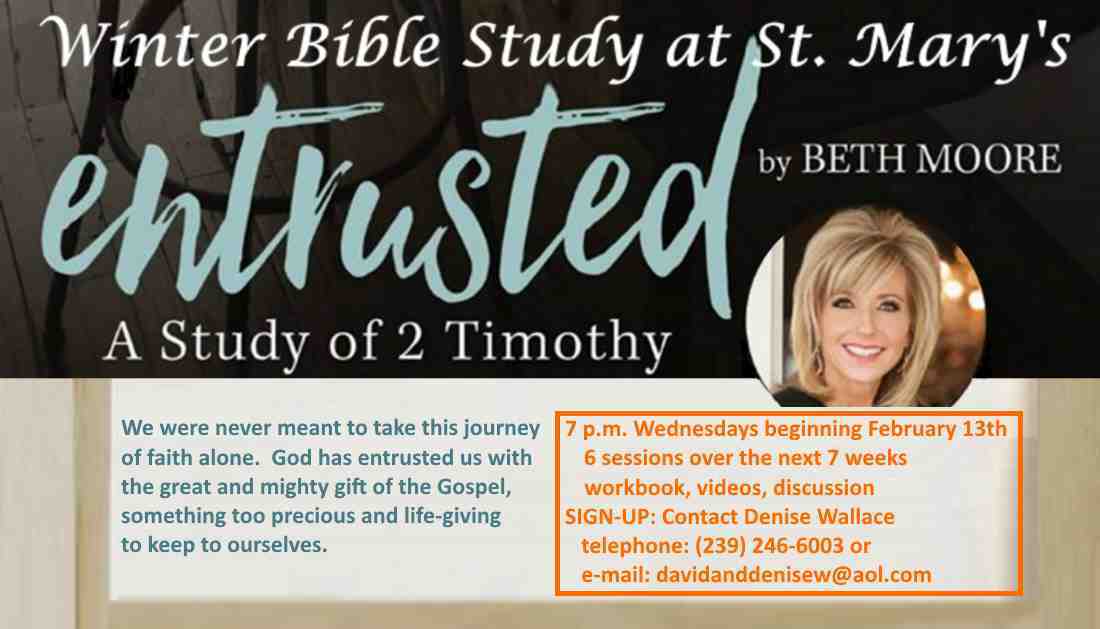
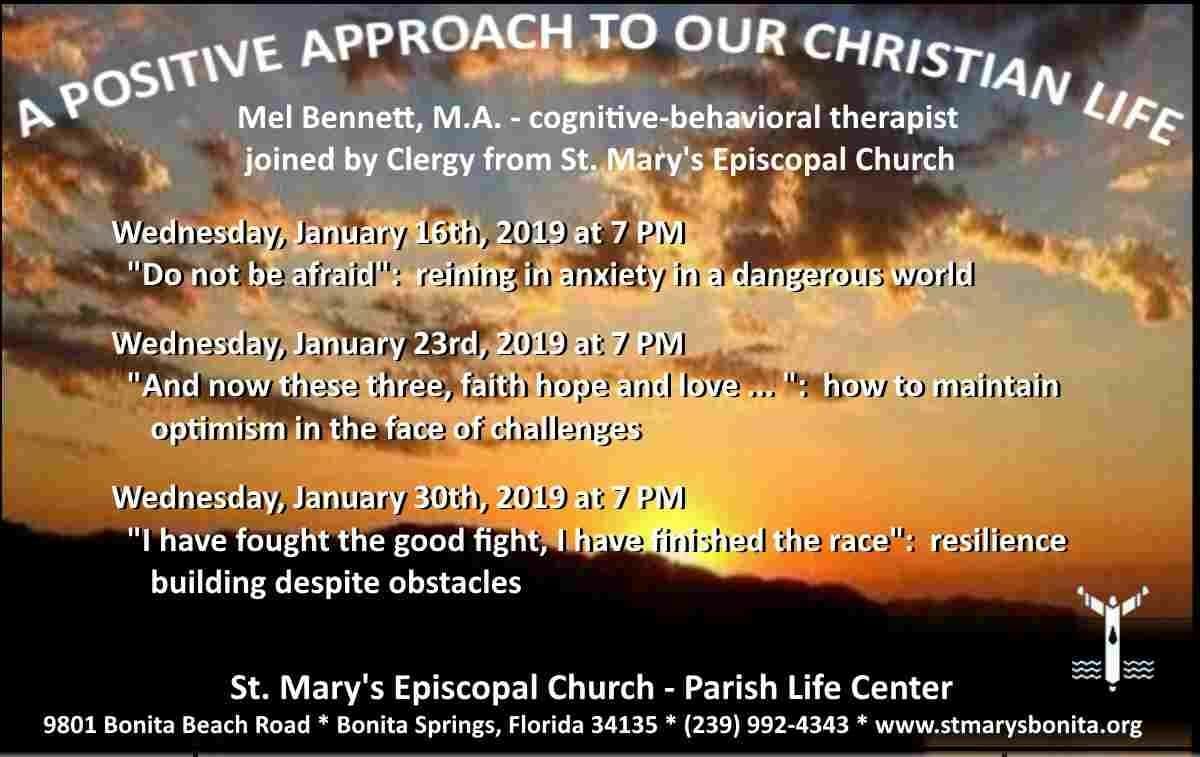
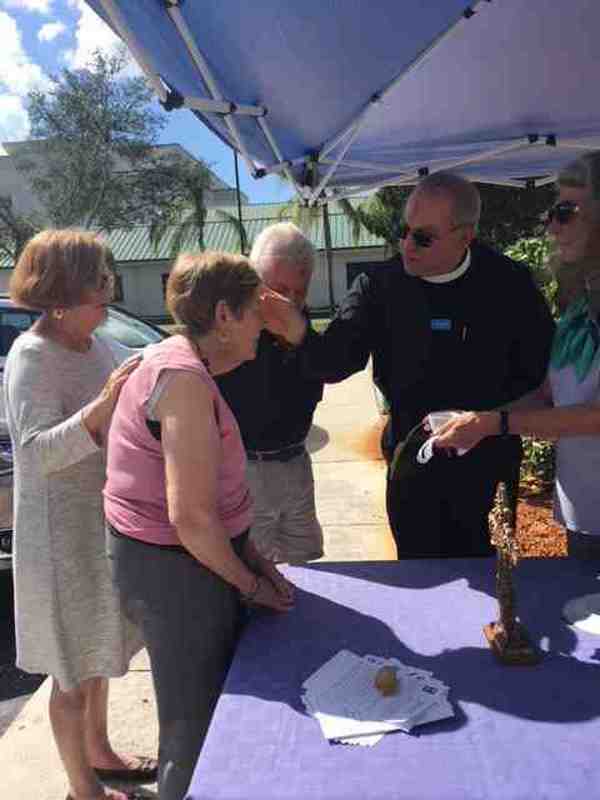
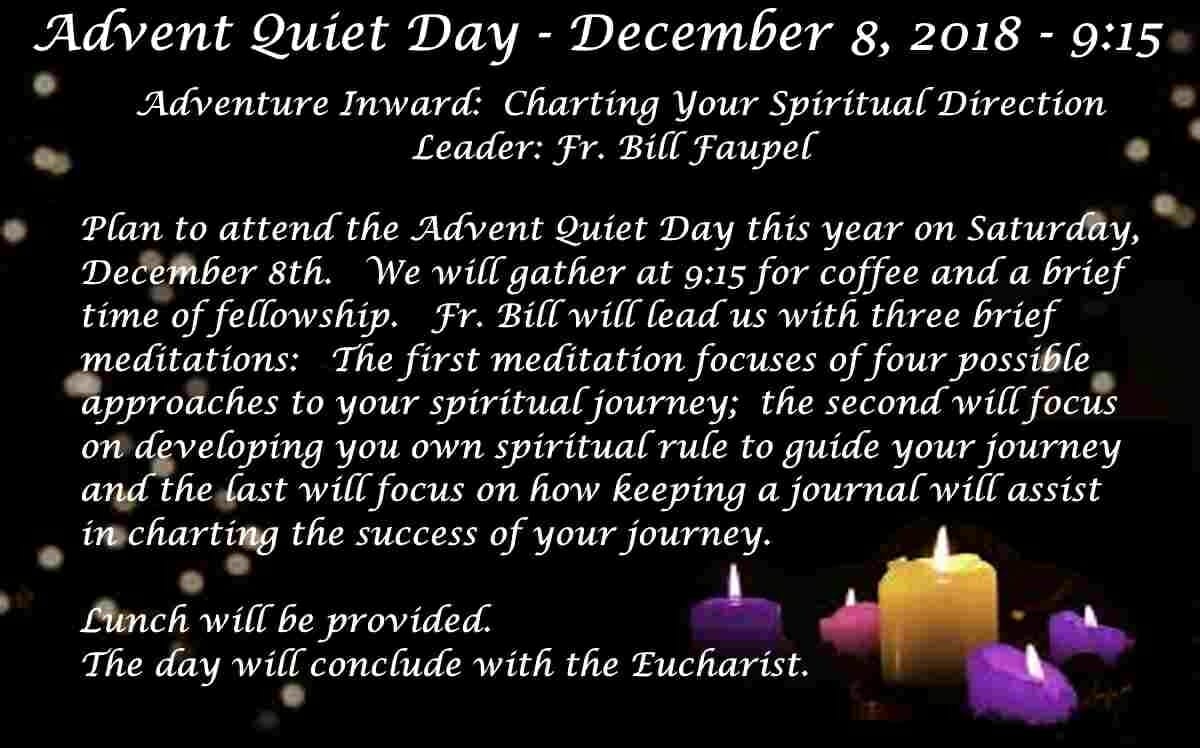
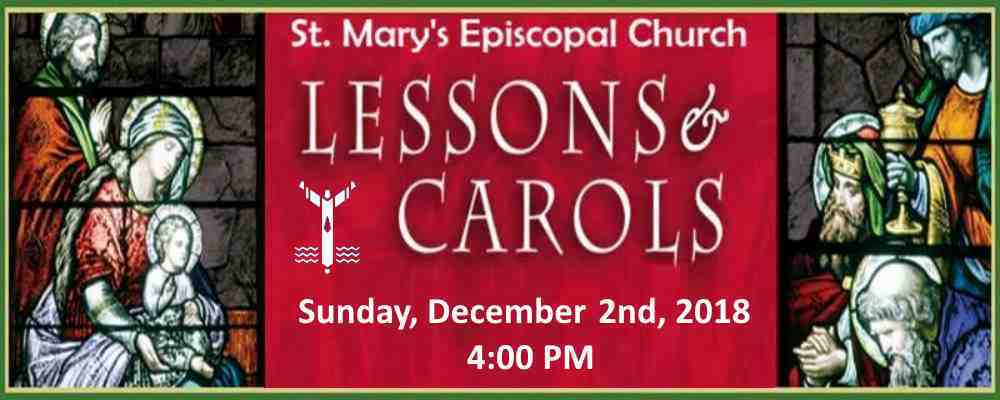

Leave A Comment